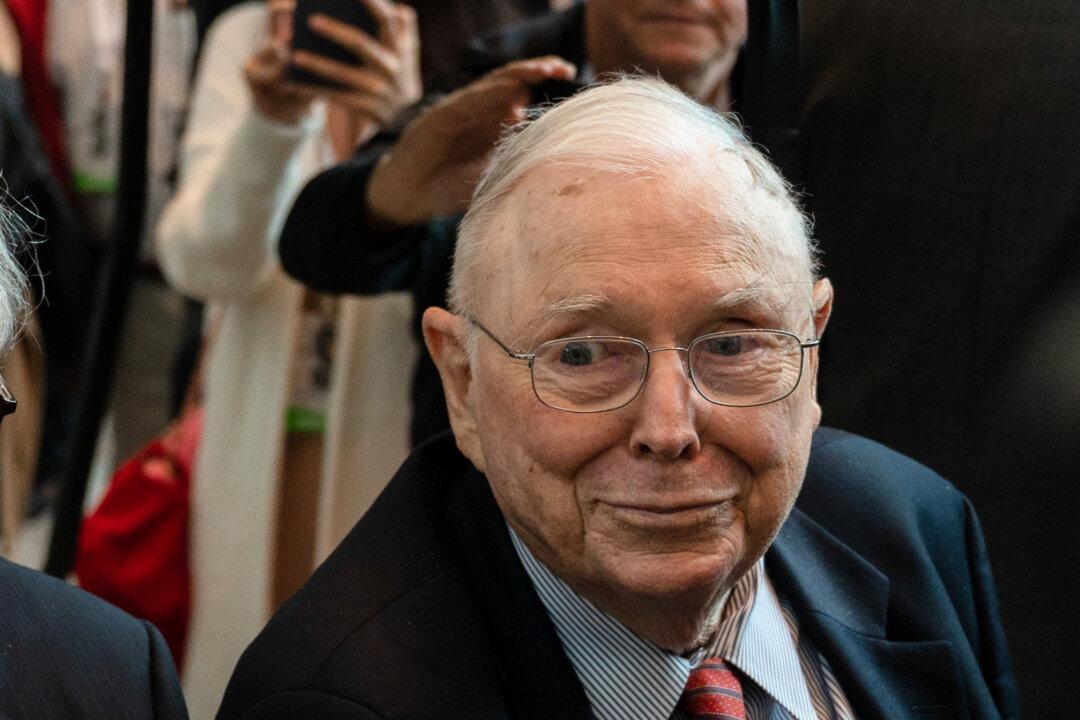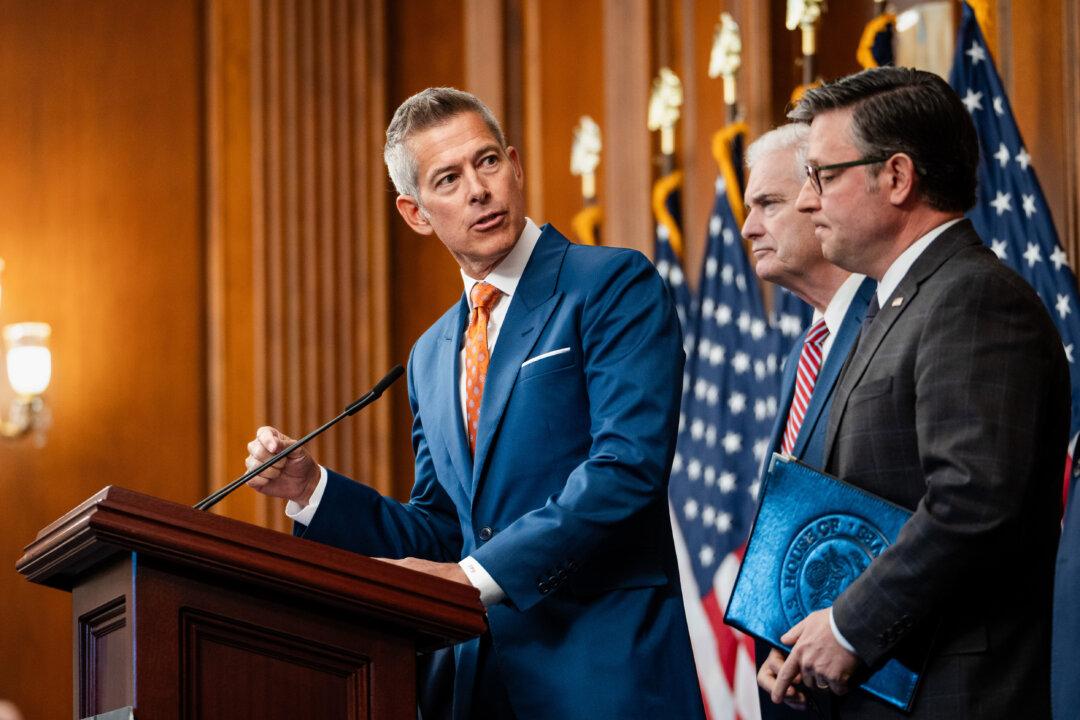Charlie Munger, vice chairman of Berkshire Hathaway, has issued scathing comments on the crypto industry after one of the globally leading exchanges FTX collapsed last week.
“It’s partly fraud and partly delusion,” Munger said on CNBC Tuesday. “That’s a bad combination. I don’t like either fraud or delusion. And the delusion may be more extreme than the fraud.”





